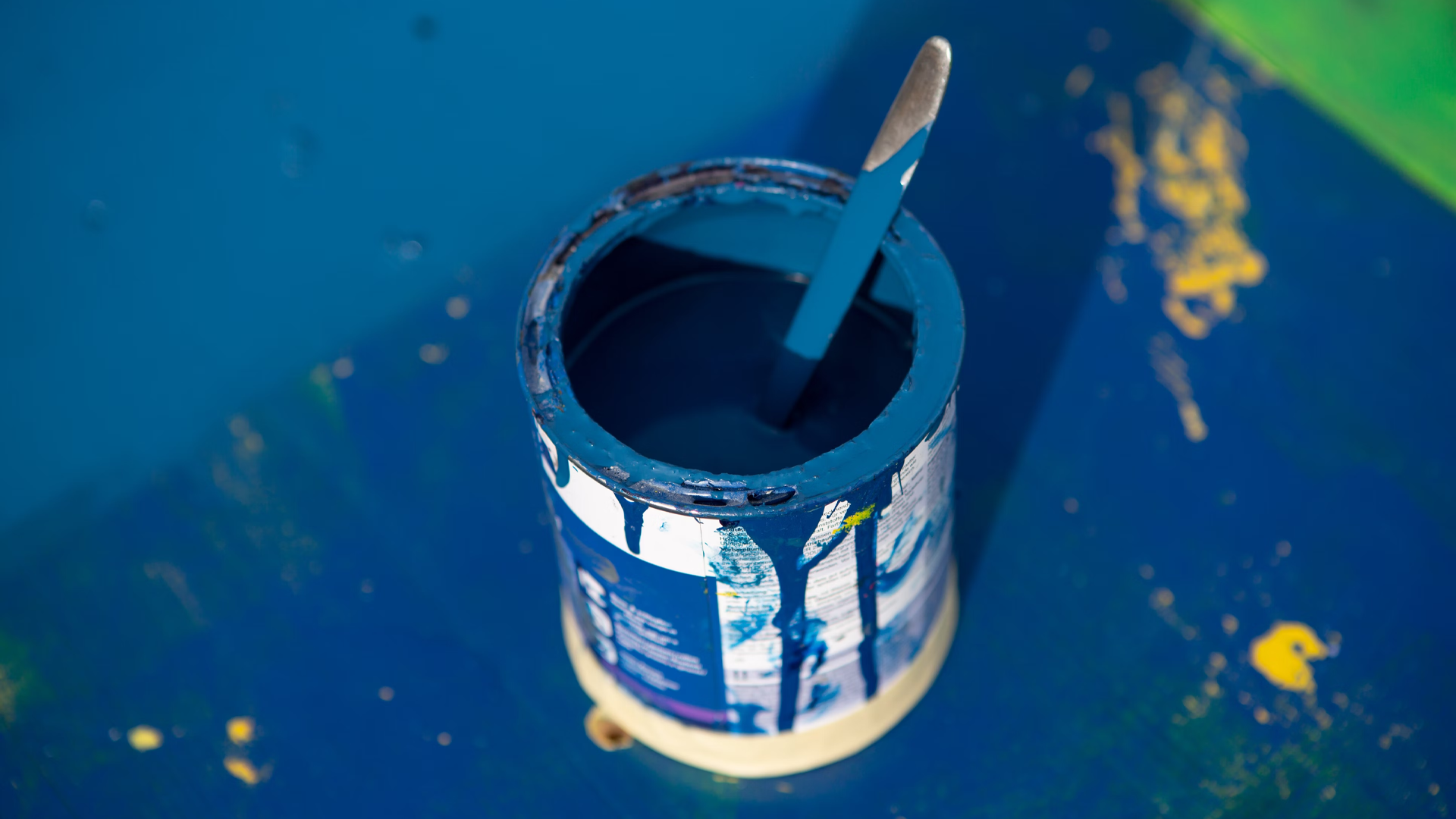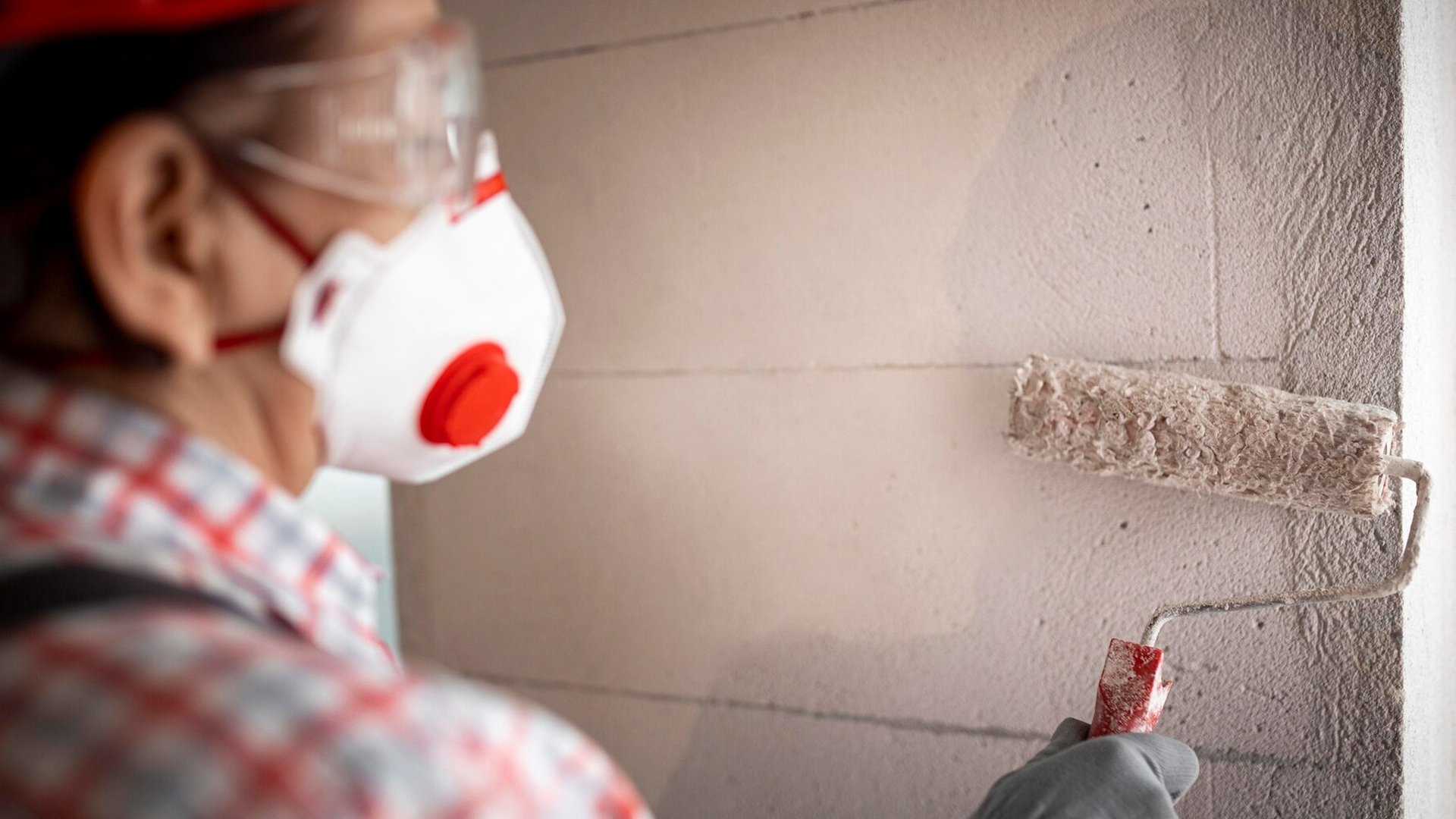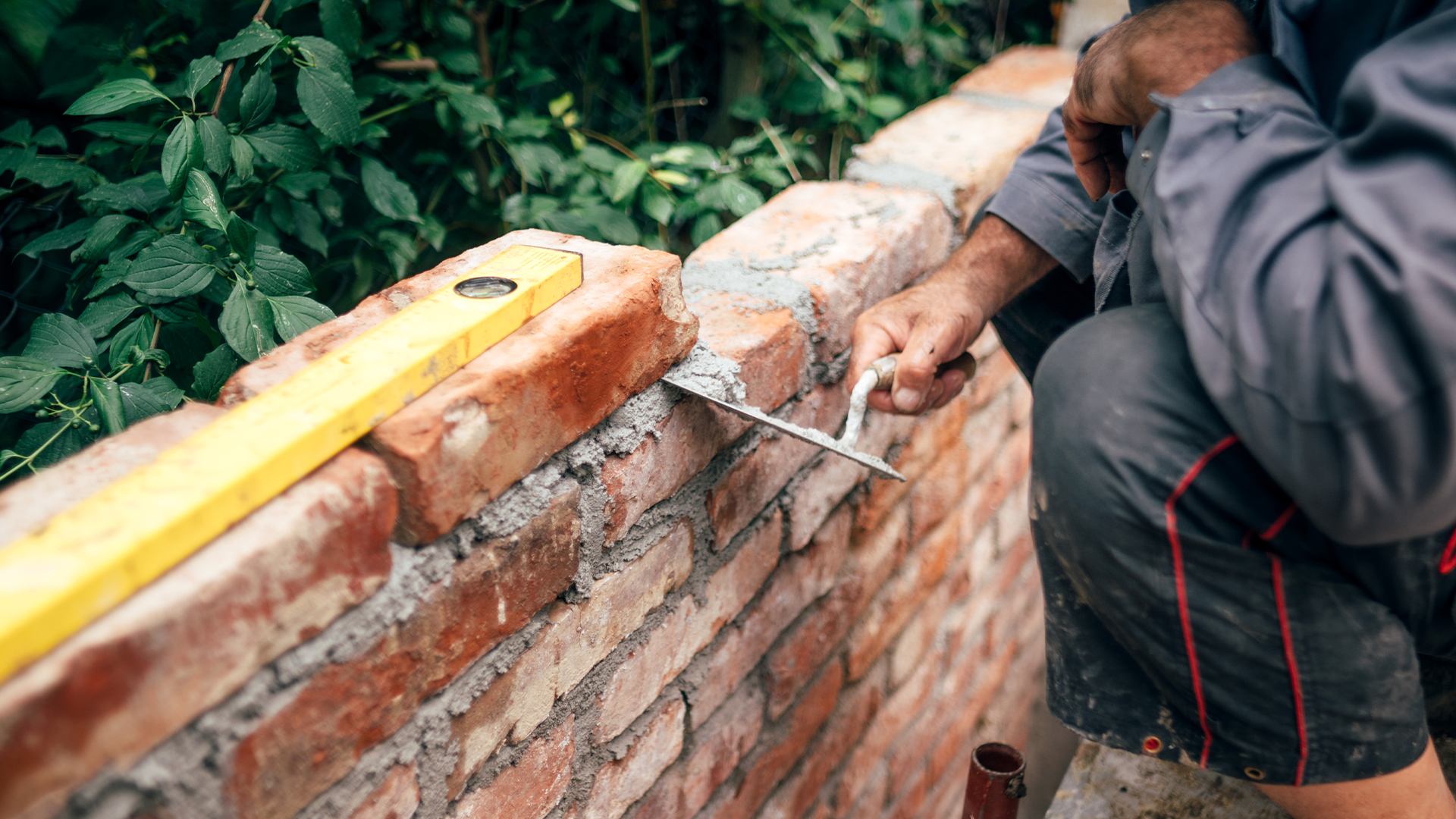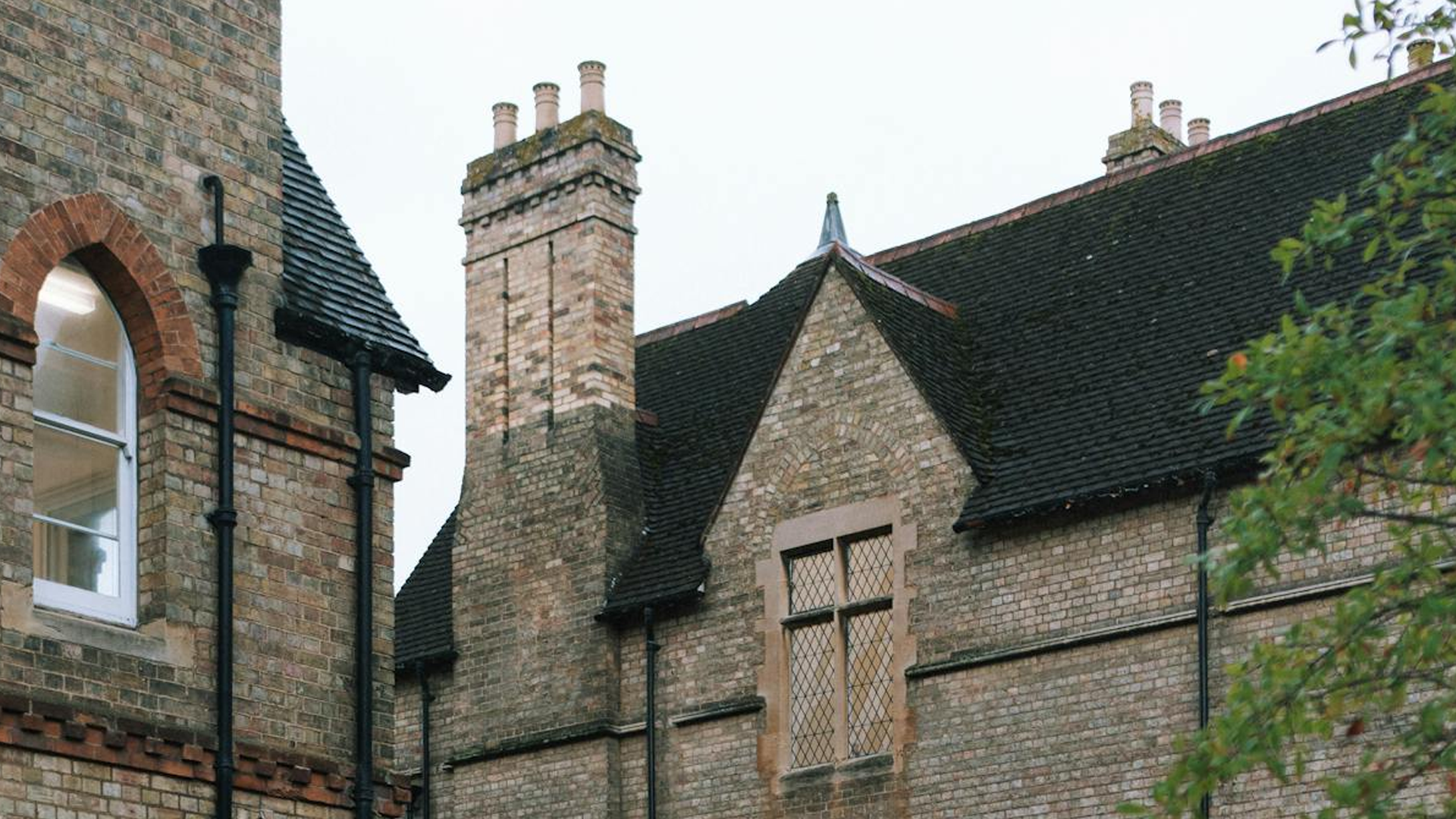Exploring the Most Energy Efficient Wall Insulation Options in the UK
As a homeowner, energy efficiency should be a top priority when it comes to insulating your home. Not only does it help reduce your carbon footprint, but it can also lead to significant savings on your energy bills. In this article, we’ll discuss the most energy efficient wall insulation options available in the UK and how they can help you create a comfortable, energy-efficient living space.
Why is Wall Insulation Important?
Wall insulation plays a crucial role in keeping your home warm during the winter months and cool during the summer. Without proper insulation, your home can lose a significant amount of heat, leading to increased energy consumption and higher energy bills. According to the Energy Saving Trust, around 35% of heat loss in an uninsulated home occurs through the walls. Therefore, investing in the most energy efficient wall insulation is essential for reducing heat loss and maintaining a comfortable living environment.
Types of Wall Insulation
There are two primary types of wall insulation: cavity wall insulation and solid wall insulation. The choice between the two depends on the construction of your home.
Cavity Wall Insulation
Cavity wall insulation is suitable for homes with cavity walls, which are walls made up of two layers of brick or block, separated by a gap (cavity). Insulation material is injected into the cavity to reduce heat loss. The most common materials used for cavity wall insulation include mineral wool, expanded polystyrene (EPS) beads, and polyurethane foam.
Solid Wall Insulation
Solid wall insulation is required for homes with solid walls, which are walls made up of a single layer of brick, stone, or concrete. There are two types of solid wall insulation: external and internal. External solid wall insulation involves applying an insulating layer to the exterior of the wall, while internal solid wall insulation is applied to the interior side of the wall. Both types can use various materials, including mineral wool, expanded polystyrene (EPS), and phenolic foam.
The Most Energy Efficient Wall Insulation Materials
Now that we’ve covered the basics of wall insulation, let’s discuss the most energy efficient materials available.
Aerogel Insulation
Aerogel insulation is considered one of the most energy efficient wall insulation materials on the market. It’s made from silica gel and consists of up to 99% air, making it incredibly lightweight and effective at reducing heat loss. Aerogel insulation has an impressive thermal conductivity of around 0.014 W/mK, which is significantly lower than most other insulation materials. However, aerogel insulation is more expensive than other options and may not be suitable for all budgets.
Phenolic Foam Insulation
Phenolic foam insulation is another highly energy efficient wall insulation material. It’s a closed-cell foam with a low thermal conductivity of around 0.018-0.023 W/mK. Phenolic foam insulation is lightweight, easy to install, and offers excellent fire resistance. It’s also moisture-resistant, making it an ideal choice for external solid wall insulation. However, it can be more expensive than other insulation materials, such as mineral wool or EPS.
Vacuum Insulation Panels (VIPs)
VIPs are another innovative and highly energy efficient wall insulation option. VIPs consist of a core material, such as silica, which is sealed within an airtight envelope and placed under vacuum. This results in extremely low thermal conductivity, typically around 0.004-0.008 W/mK. VIPs are thin and lightweight, making them suitable for situations where space is limited, such as internal wall insulation. However, VIPs can be quite expensive and require careful installation to maintain their vacuum and insulating properties.
Factors to Consider When Choosing the Most Energy Efficient Wall Insulation
While the materials mentioned above are excellent in terms of energy efficiency, there are several factors to consider when deciding on the best insulation for your home.
Budget
The cost of insulation materials varies, with more energy efficient options typically being more expensive. It’s essential to consider your budget and weigh the upfront costs against the potential long-term energy savings.
Installation
Some insulation materials, such as aerogel and VIPs, may require professional installation, which can add to the overall cost. On the other hand, materials like mineral wool and EPS can be installed by DIY enthusiasts, potentially saving on installation costs.
Building Regulations
In the UK, building regulations dictate the minimum thermal performance requirements for new and existing homes. When choosing insulation materials, it’s important to ensure that they meet or exceed these requirements.
Compatibility
Not all insulation materials are suitable for all types of walls. It’s essential to select a material that is compatible with your home’s construction and existing insulation (if applicable).
Enhancing Energy Efficiency with Exterior Wall Coatings and Weatherproof Coatings
In addition to selecting the most energy efficient wall insulation material, you can further improve your home’s thermal performance by applying exterior wall coatings and weatherproof coatings. These coatings provide several benefits that contribute to overall energy efficiency.
Heat Reflection
Some exterior wall coatings are formulated to reflect heat, preventing it from being absorbed by your home’s walls. This reduces the amount of heat entering your home during the summer months, keeping your living space cooler and reducing the need for air conditioning.
Moisture Resistance
Weatherproof coatings help protect your home’s walls from moisture ingress, which can lead to dampness and reduced insulation performance. By preventing moisture from penetrating your walls, you can maintain the effectiveness of your insulation and reduce the risk of heat loss.
Breathability
Breathable exterior wall coatings and weatherproof coatings allow water vapour to escape from your home while preventing liquid water from entering. This helps to prevent issues such as condensation, mould, and dampness, which can negatively impact your home’s thermal performance.
Enhanced Insulation Performance
Exterior wall coatings and weatherproof coatings can enhance the performance of your wall insulation by providing an additional insulating layer. This extra layer can further reduce heat loss, contributing to greater energy efficiency and lower energy bills.
By combining high-quality wall insulation with exterior wall coatings and weatherproof coatings, you can create a truly energy efficient home that is comfortable, environmentally friendly, and cost-effective.
Conclusion
Investing in the most energy efficient wall insulation is crucial for maintaining a comfortable living environment while reducing energy consumption and saving on energy bills. Aerogel insulation, phenolic foam insulation, and vacuum insulation panels are among the most energy efficient materials available. However, it’s important to consider factors such as budget, installation, building regulations, and compatibility when selecting the best insulation for your home.
At All Weather Coating, we offer professional advice and expert installation of a range of energy efficient wall insulation solutions, including exterior wall coatings and weatherproof coatings. Contact us today to discuss your insulation needs and discover how we can help improve your home’s energy efficiency.









